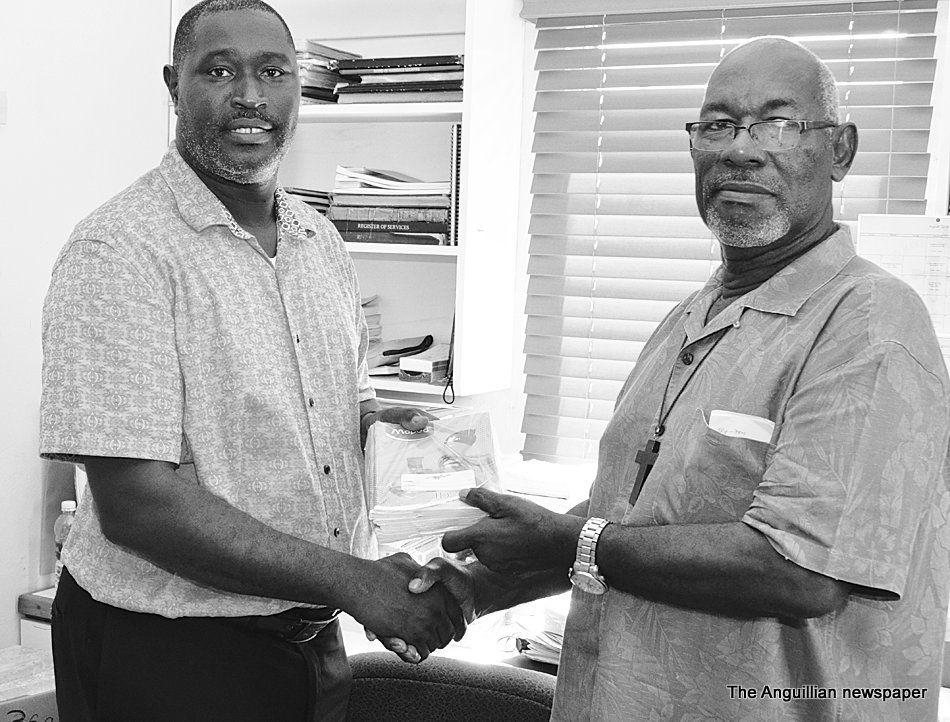Although a woman’s natural fertility declines after the mid-40s, effective contraception is required until menopause to prevent unintended pregnancies. Many women still falsely believe that they cannot become pregnant after the age of forty years.
Menopause
The World Health Organization (WHO) defines menopause as permanent cessation of menstruation caused by loss of ovarian follicular activity. The period immediately before menopause is called perimenopause, and it is this time that many unwanted pregnancies occur. During the perimenopause, menstrual irregularities often occur. Heavy or light menstrual periods may occur, and hot flashes/flushes are very common during this time.
Contraception in the older woman
Many women over the age of 45 years are reluctant to discuss the topic of contraception with their healthcare provider. Your gynecologist is the best person with whom to discuss the various methods of contraception that are safe and effective in this age group. It should be noted that no method of contraception is contraindicated based on age alone, up to the age of 50 years. It is essential for the healthcare provider to obtain personal, sexual and family history. Body mass index, blood pressure and appropriate screening for sexually transmitted infections are required. Clinical examination is required, and pregnancy should be excluded prior to starting any contraceptive method. Cervical screening should be discussed as well.
Methods of contraceptives
The use of combined hormonal contraception after the age of 50 years is not recommended. This is many due to the increased risk of venous thromboembolism.
Progestogen-only pill. Can be used in the perimenopausal period but irregular bleeding patterns can make it difficult for many women to use.
Injectable contraception. Is used by many women during this period. This method is associated with low failure rates, but long-term use can affect your bones. Approximately 5% of bone is lost within the first 2 years of use of injectable contraception.
Intrauterine device (IUD). This is an effective and safe form of long-term contraception for women over the age of 40 years. IUD must be removed after the menopause or when no longer required. Intra-uterine system (Mirena) is also safe and reliable to use in this age group.
Barrier contraception can be used but effectiveness is highly dependent on the user. Oil-based lubricants and oestrogen-containing vaginal creams and pessaries should not be used with condoms.
Female sterilization is a permanent and highly successful form of contraception for women over the age of 40 years. All women should be counselled before having this procedure.
Natural family planning methods. This involves monitoring body temperature, cervical mucus and the length of the menstrual cycle, and plotting the values on a chart to predict the fertile time. This method is not very reliable in the perimenopausal period as ovulation is difficult to predict at this time. The woman and partner must also be very motivated as well.
Conclusion
Despite all the methods of contraception available, unplanned pregnancies still occur in some women in Anguilla, including during the perimenopausal period. During the perimenopausal period many women might have medical disorders that might make contraceptive use problematic. If you are in the perimenopausal period and still sexually active you should be using a reliable contraceptive. Discuss this with your healthcare provider today.
Ask Your Doctor is a health education column and is not a substitute for medical advice from your physician. The reader should consult his or her physician for specific information concerning specific medical conditions. While all reasonable efforts have been made to ensure that all information presented is accurate, as research and development in the medical field are ongoing, it is possible that new findings may supersede some data presented.
Dr Brett Hodge MB BS DGO MRCOG is an Obstetrician/Gynaecologist and Family Doctor who has over thirty-five years in clinical practice. Dr Hodge has a medical practice in The Johnson Building in The Valley (Tel: 264 4975828).








